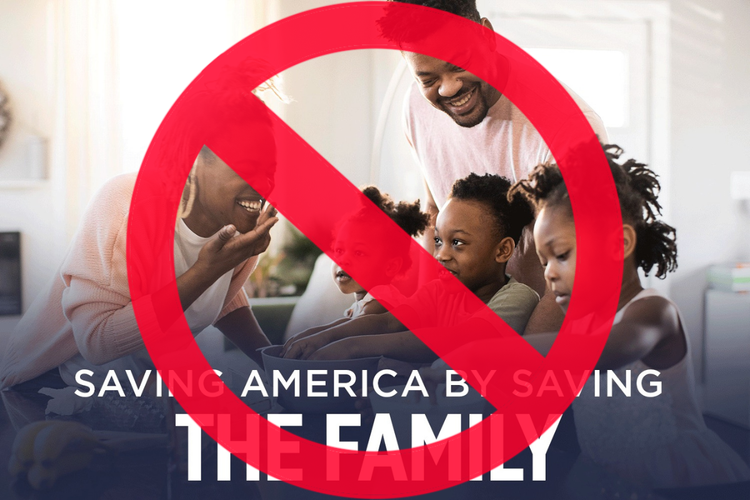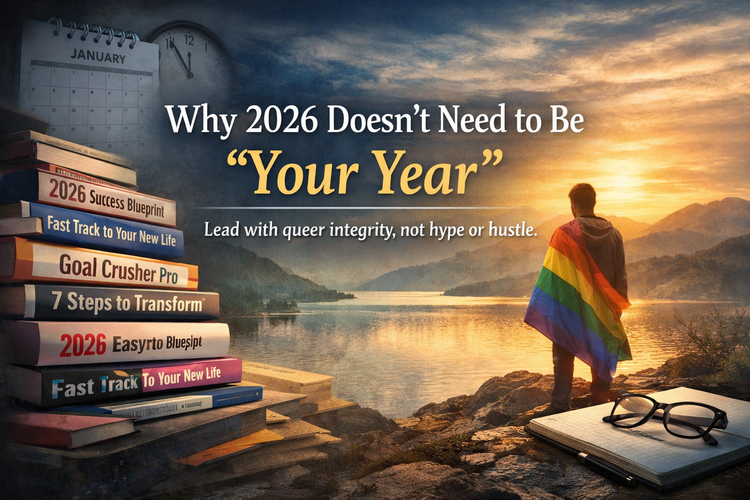You Think You’re Leading Ethically—But Is Your Thinking Getting in the Way?

What is critical thinking?
Critical thinking, often considered the domain of academics and philosophers, is also one of the highest forms of leadership intelligence.
This form of thinking is based in logic, structure, and analysis, yet it can only offer the illusion of certainty. If you want to lead with integrity, and as someone who values equity, dignity, and inclusion, you’ll need more than logic to guide your decisions. You’ll need an open heart that tempers your reasoning.
Leadership isn't just about how you think, it’s about how your thinking impacts the people around you.
Clarity is not the same as certainty.
The ability to think clearly, with nuance and precision, is vital to making leadership decisions that ultimately impact other people's well-being and your organization's growth potential.
Frequently, clarity gets mistaken for correctness, and correctness (or political correctness) becomes a power play about who's more in the right. When leaders rely on intellect alone, they risk becoming inflexible, reactive, and defensive, especially when challenged. When this happens, leaders distance themselves from the lived experience and open-heartedness that makes their thinking truly equitable.
In this case, critical thinking without emotional reasoning is devoid of fairness, justice, and wisdom.
You can’t think your way into integrity.
True integrity isn’t the result of finding the perfect argument or the most efficient system of thought.
Integrity comes from the patience to consider competing perspectives or arguments, to contemplate the moral and emotional affect of a decision, and to stay true to your values even when outcomes aren’t clear. This kind of thinking requires time to process for context, emotions, and other people’s points of view. To avoid a heated argument or making demands instead of finding agreement, you need to practice curiosity to stay open-minded, and impartiality to keep you from going to extremes.
If you’re only leading with your head, you’re only leading with half your intelligence. :-)
Emotional intelligence is not the opposite of logic — it’s what gives logic meaning.
It’s easy to think that reasoning and feeling exist in separate domains, i.e., that logic is truth, and emotion is something to control or manage.
But for queer leaders, and anyone invested in social and ethical change, that separation is unsustainable. Inspired change-makers think through the lens of lived experience. What was missing from their past — how they wanted things to be — informs the choices they make about the path they're on to make the world a better place than the one they grew up in.
In other words, to think equitably, you have to think humanely.
It's not about being rational.
It’s about being reasonable and responsible.
You can use reasoning to justify anything, including harm. What matters is why you’re thinking the way you are, and what your thinking creates in the form of a response.
For example, does your thinking,
- Lead to deeper understanding or ignorance?
- Create connection or indifference?
- Reflect your values or protect your authority?
These are not theoretical questions; they’re human-hearted leadership questions that make or break the potential for meaningful, transformational change.
Think critically, but think with care.
Your leadership will not be judged by your intelligence or how often you were right.
It will be remembered for how well you responded when it mattered, and whether your actions, behaviour, and thinking made others feel seen, valued, and respected.
Consider these questions about how you can lead with queer integrity:
- Has your queerness taught you to think more critically, or to be more cautious about how you’re perceived?
- In what ways are you still filtering your leadership style through normative systems that don’t reflect your values and authenticity?
- How would your leadership change if you let your thinking be shaped by your queerness, not as something you need to justify, but as a source of ethical clarity and care for others?
Want to go deeper into this kind of leadership?
Inside Leading with Queer Integrity, I offer a free 8-day coaching experience that explores all six pillars of ethical, values-driven leadership for LGBTQ+ change-makers.
You’ll get access to short daily lessons, coaching prompts, and over two hours of video guidance to help you align your thinking, values, and voice — all in community.
Or if reading this article highlighted something specific you'd like to act on — a decision, a challenge, a lack of clarity about your values — I offer one-off coaching sessions to help you realign and move forward with clarity.
Contact me or learn more about ‘The Integrity Session.’





Member discussion